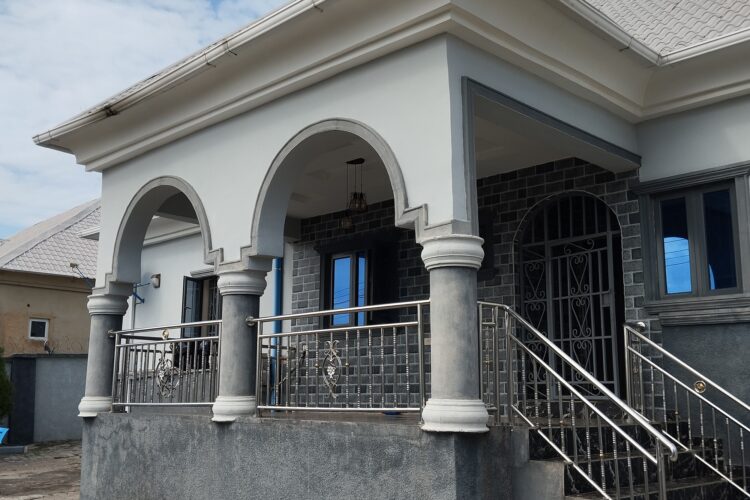For many Nigerians, the start of a new year brings the challenge of planning for rent, a major financial commitment that can be overwhelming due to rising housing costs and economic uncertainties.
With landlords in cities like Lagos and Abuja often demanding one to two years’ rent upfront, securing stable accommodation requires strategic financial planning. However, by adopting smart saving habits, increasing income streams, and preparing for unexpected expenses, you can ease the burden and stay ahead.
In this article, you’ll learn the 6 strategies that will you save for your rent in Nigeria, ensuring financial stability and peace of mind.
Nigeria’s Housing Scene
Nigeria’s housing market is characterized by a significant deficit, estimated between 17 to 20 million units as of 2025, underscoring the immense demand for affordable housing. Rapid urbanization, with over 60% of Nigerians projected to reside in urban areas in 2025, intensifies this demand, particularly in cities like Lagos, Abuja, and Port Harcourt. Contributing factors such as high costs of building materials—cement, steel, and timber—further exacerbate housing affordability challenges.
6 Strategies That Will Help You Save for Your Rent in Nigeria
1. Prioritizing rent in financial planning
Rent constitutes a substantial portion of personal expenses, making it imperative to prioritize it within one’s budget. Unlike discretionary spending, rent is a non-negotiable obligation; failure to meet it can lead to strained landlord relationships or eviction. Financial experts recommend that rent should not exceed three months’ worth of income. For instance, if your monthly earnings are ₦600,000, your annual rent should ideally be capped at ₦1,800,000. Adhering to this guideline ensures sufficient funds for other necessities and savings.
2. Establishing a dedicated rent savings plan
In metropolitan hubs like Lagos and Abuja, where landlords often demand one to two years’ rent upfront, proactive savings are essential. Automating monthly savings into a dedicated rent account can foster consistency and discipline. Additionally, reducing non-essential expenditures—such as dining out less frequently or canceling unused subscriptions—can free up resources to bolster your rent fund.
3. Increase your income streams
If current earnings are insufficient to meet rent-saving goals, exploring supplementary income avenues is advisable. Engaging in side businesses or freelance opportunities can provide the additional funds necessary to bridge the gap between income and rental obligations.
4. Prepare for rent increase and unforeseen expenses
Anticipating potential rent increases and unexpected financial setbacks is a prudent strategy. Establishing an emergency fund can offer a safety net, ensuring rent commitments are met even during challenging times. This proactive approach safeguards against economic uncertainties and personal financial disruptions.
5. Negotiate with your landlord
Open communication with landlords can lead to mutually beneficial arrangements. Some property owners may offer rent reductions for early payments or be amenable to structured payment plans during financial hardships. However, it’s advisable to avoid accruing debt to cover rent, as this can lead to more severe financial complications in the future.
6. Long-term housing considerations
Contemplating long-term housing solutions, such as purchasing property or relocating to more affordable areas, can provide greater financial stability. Emerging housing markets in cities like Ibadan, Uyo, and Abeokuta offer promising opportunities with lower living costs compared to major urban centers. Investing in these areas can be a strategic move for those seeking sustainable housing solutions.
Conclusion
While the prospect of saving for rent in Nigeria amidst economic challenges may seem formidable, a combination of disciplined savings, income diversification, strategic planning, and informed decision-making can alleviate the burden. By adopting these measures, individuals can navigate the complexities of the Nigerian housing market and secure suitable accommodations without undue financial strain.






































Discussion about this post